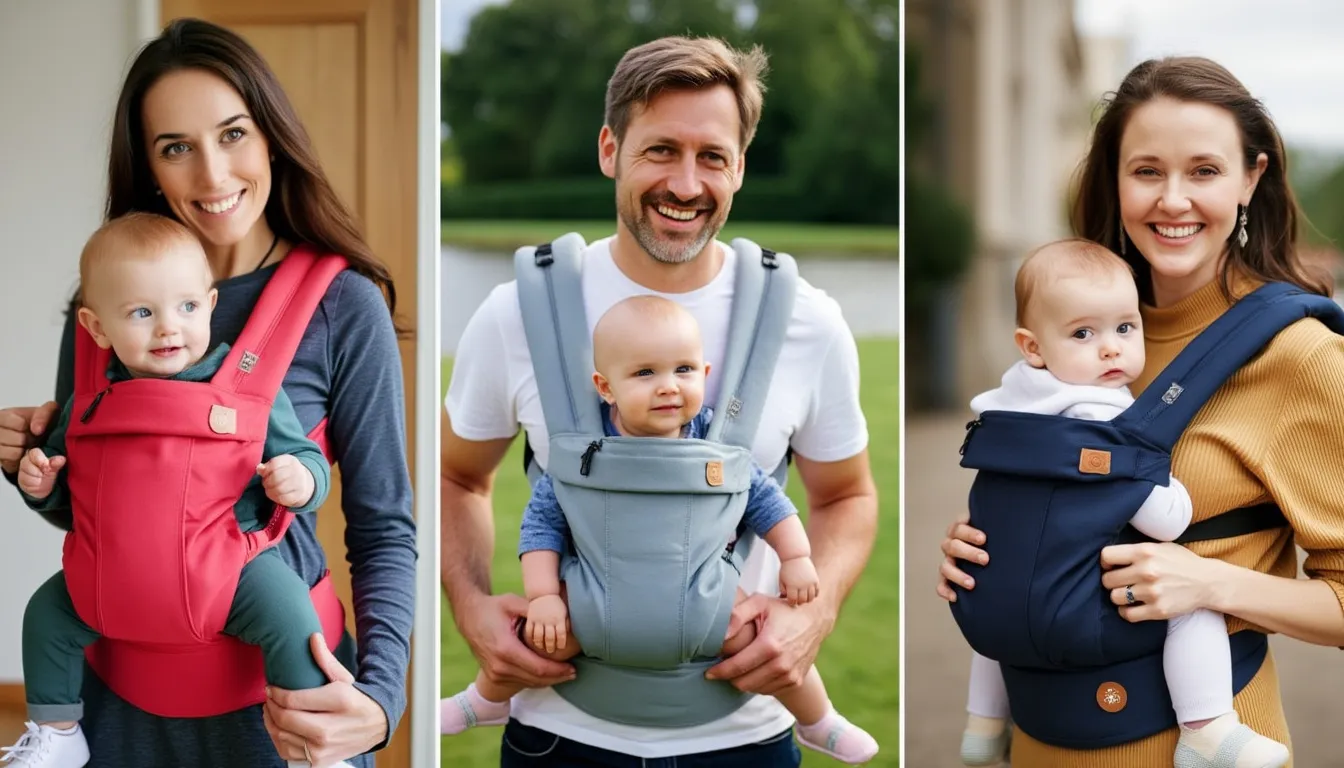How to Choose the Right Baby Carrier for Your Lifestyle
Choosing the right baby carrier can be a daunting task, especially with the myriad of options available in the market. As a mom who has tried several carriers, I understand the importance of finding one that fits not only your baby but also your lifestyle. Here’s a guide to help you navigate this essential baby product.

Understanding Your Needs
Before diving into the types of carriers, consider your daily routine. Are you a mom on the go, or do you prefer leisurely strolls in the park? If you’re often out and about, a lightweight and easily adjustable carrier might be your best bet. For those who enjoy longer walks, look for carriers with extra padding and support.
Types of Baby Carriers
There are three main types of baby carriers: wraps, slings, and structured carriers. Each has its pros and cons, and your choice will depend on your comfort and your baby’s age.
Wraps
Wraps are long pieces of fabric that you tie around your body. They are versatile and can be adjusted to fit any body type. I found wraps particularly useful during the newborn stage as they provide a snug and secure environment for the baby. However, they can be tricky to tie initially, so practice is key.
Slings
Slings are a great option for quick trips. They are easy to put on and take off, making them ideal for moms who need to carry their baby for short periods. I loved using a sling for grocery shopping or when running errands. The downside is that they may not offer as much support as other carriers, so they are best for shorter durations.
Structured Carriers
These are perfect for moms who need extra support and comfort. Structured carriers distribute the baby’s weight evenly, which is a lifesaver for your back and shoulders. I used a structured carrier for longer outings and hikes, and it was a game-changer. They are also easier to put on once you get the hang of it.
Comfort and Safety
When choosing a carrier, ensure it offers adequate support for your baby’s head and neck, especially for newborns. Look for carriers with adjustable straps and breathable materials. I always checked for safety certifications to ensure the carrier met the required standards.
Try Before You Buy
If possible, try different carriers before making a purchase. Many stores offer demo models, and some even have rental programs. I found this incredibly helpful in finding the perfect fit for both me and my baby.
In conclusion, the right baby carrier can make a world of difference in your daily life. Consider your lifestyle, try different types, and prioritize comfort and safety. Happy babywearing!